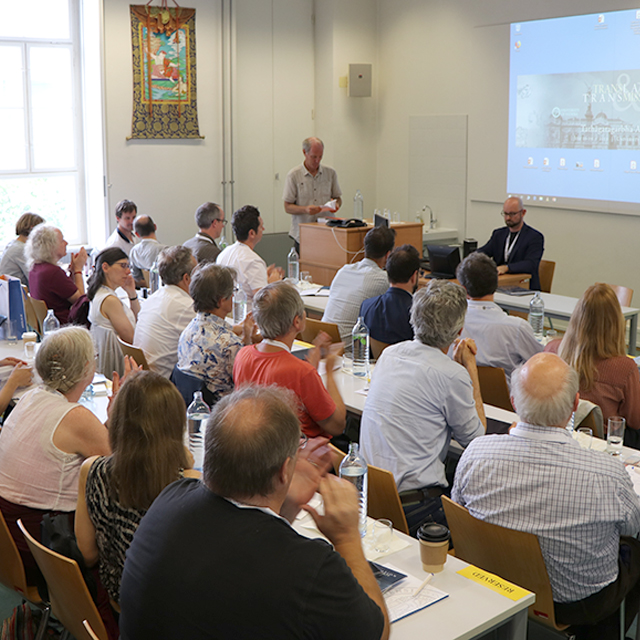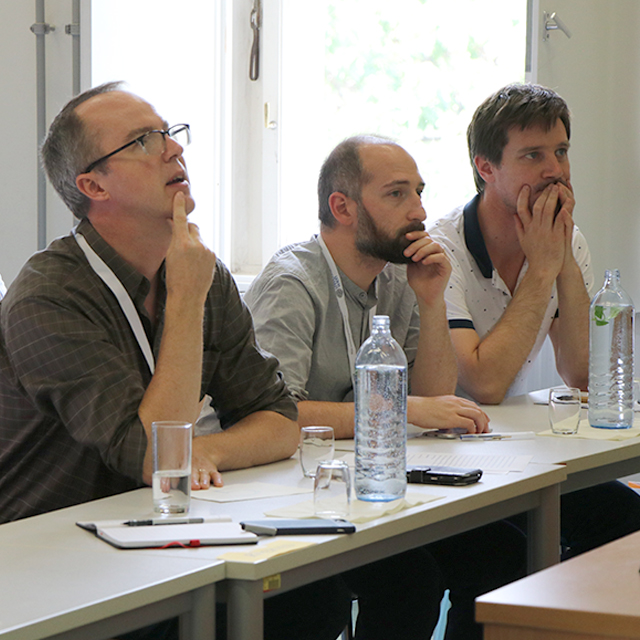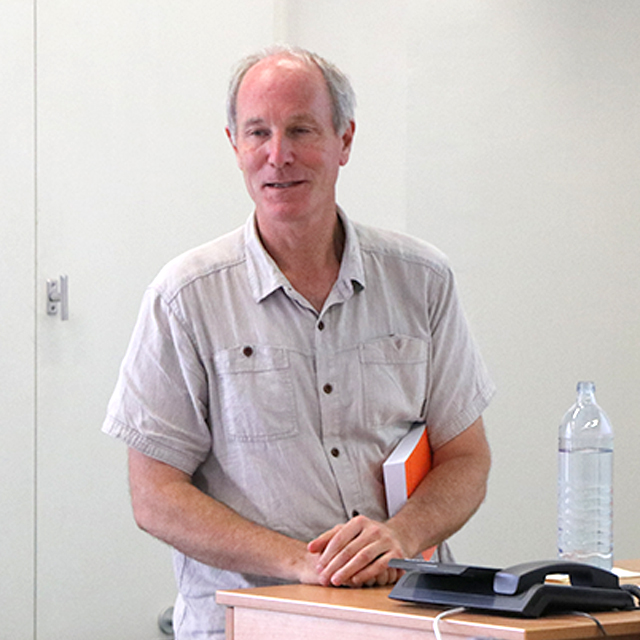Selfhood, Secrecy, Singularity: Reassessing the Early Life of the Tathāgatagarbha in India
The early history of buddha-nature teaching in India is in the process of some reassessment. Michael Radich’s contention that there is good reason to take the Mahāparinirvāṇamahāsūtra as our earliest source for an account of the tathāgatagarbha invites a fresh look at the wider corpus of Indian literature concerned with this expression, and with it the affirmation that what is essential to a Buddha (buddhadhātu) abides in all sentient beings. My research has focused on a revised trajectory of how buddha-nature was conceptualized in the first five hundred years of the Common Era, informed by the hypothetical primacy of Indian sources that explain tathāgatagarbha to refer to the permanent, indestructible buddhadhātu, and which teach that this constitutes nothing less than the Buddha’s account of the self (ātman).
I contend that the most likely trajectory of buddha-nature thought in India entailed a creative reimagining of the expression tathāgatagarbha away from contentious ‘ātmavādin‘ origins. With reference to the Indian tathāgatagarbha corpus delineated by Takasaki Jikidō, this paper will explore a revised picture of the development of early tathāgatagarbha thought by attending to several related themes: the relationship between buddha-nature and discourse about the self, the claim that it constitutes a ‘secret’ revealed by the Buddha – a complement to the teaching that there is only a single vehicle (ekayāna) to liberation – and the extent to which buddha-nature should be articulated in terms of the original purity of the mind.
Event: Vienna Symposium 2019 – Paper Presentation
Date: July 18, 2019 – 2:30 pm
Speaker: Christopher V. Jones
Topics: Buddha Nature, India, Secrecy, Selfhood

Christopher V. Jones
St. Peter’s College, Oxford
Christopher V. Jones is a Postdoctoral Fellow of the British Academy at the University of Oxford, where he teaches topics in Indian and East Asian religion. His doctoral research, completed in 2015, concerned the breadth of Indian tathāgatagarbha literature as it survives in Sanskrit, Chinese and Tibetan sources, and its relationship to Indian discourse about the self (ātman). His first book, The Buddhist Self: On Tathāgatagarbha and Ātman, is due for publication late in 2019 with University of Hawai’i Press.





